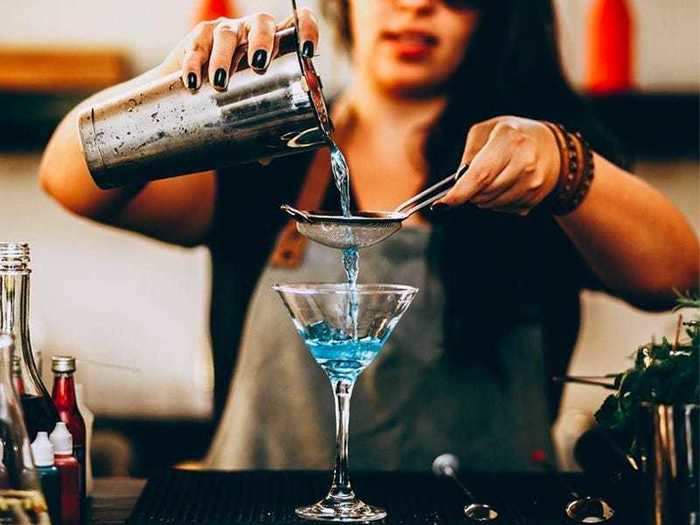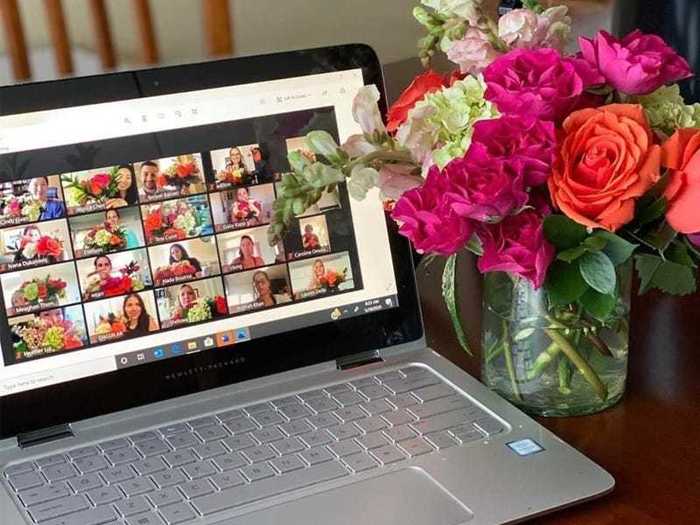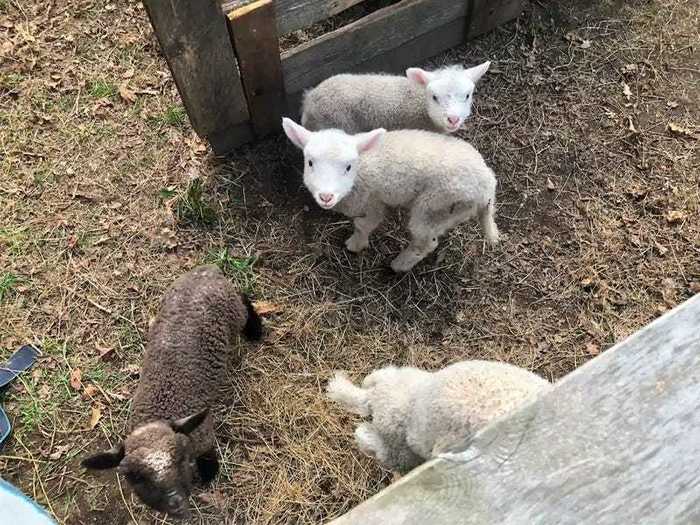Virtual tours, workshops, tastings, and cooking classes are now stand-ins for food and travel experiences. Here are 7 we recommend.
When you buy through our links, we may earn money from our affiliate partners. Learn more.
- Like many other things in the age of the coronavirus, food and travel experiences such as wine tastings and cooking classes have moved online.
- You can't just provide a Zoom link and call it a day. Translating physical experiences into successful virtual ones takes a lot of planning.
- Businesses must consider how to keep participants active and engaged, provide any necessary supplies, and work around the technical difficulties of a digital platform.
In a few swift moves that have become all too familiar during this pandemic, I opened my laptop, adjusted the screen so the camera was pointing at my face, and clicked a Zoom link. Class was about to begin.
A couple of months ago, I tuned into a live plant care workshop hosted by The Sill. Associate travel editor Hannah Freedman recently joined a digital tango lesson and a Moroccon cooking class via Airbnb Experiences, while our director of commerce Adam Burakowski went a slightly less conventional route by using that same platform to take a video tour of Prague that followed the journey of an 18th-century plague doctor.
They're just a few of the many different virtual sessions trying to make up for the real thing in the age of the coronavirus.
Food, drink, and travel experience providers have a special challenge these days — how do you show your product in action when touching, sharing, moving, and gathering are at the core of fully understanding it? The answer, as it's been for school lessons, work meetings, and workouts, is in an online room.
If you want to attend a cooking class, a flower arranging workshop, or even a wine tasting, it'll most likely take place on Zoom, the video conferencing platform that has grown explosively from 10 million daily participants (December 2019) to 300 million (April 2020). That's where my indoor gardening lesson took place, and it proved to be an effective showcase for The Sill's interactive presentation on how plants use light. But, the transition to Zoom (or Google Meet or Instagram or YouTube) isn't exactly easy.
Table of Contents: StaticREAD MORE ARTICLES ON
Popular Right Now
Advertisement



